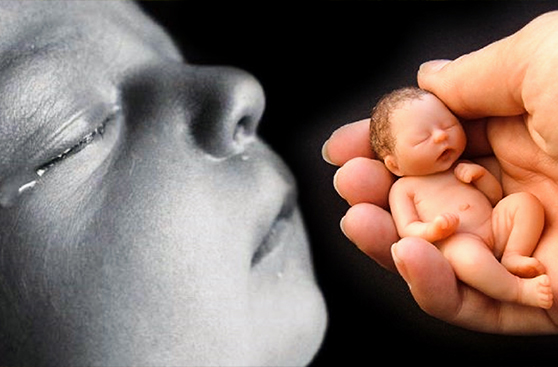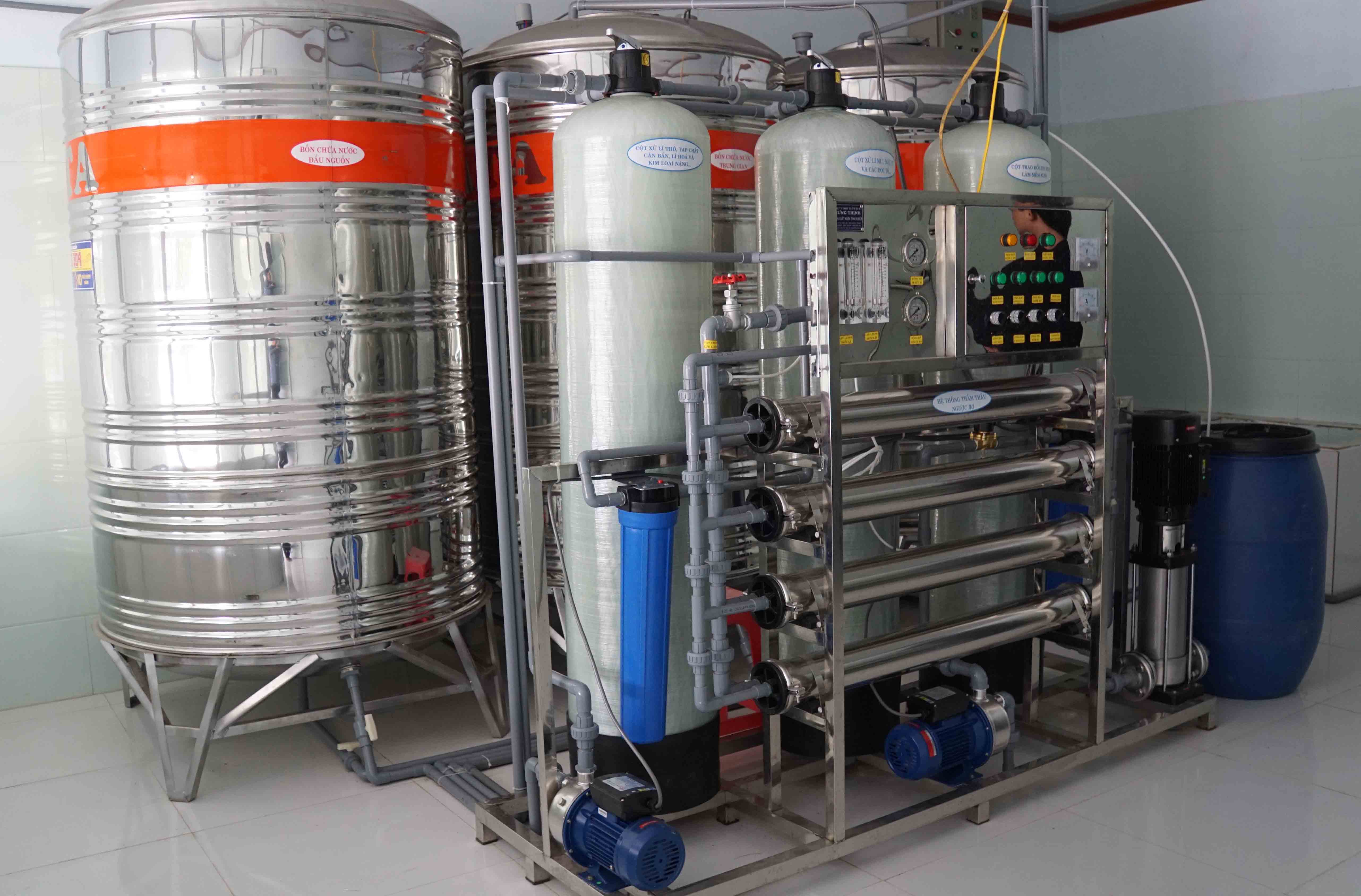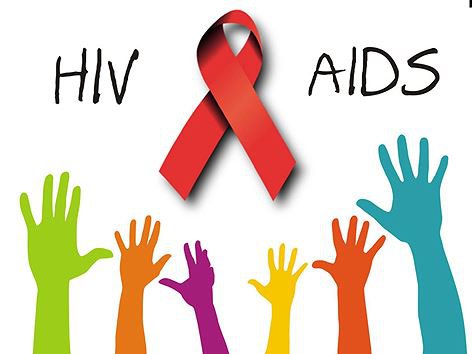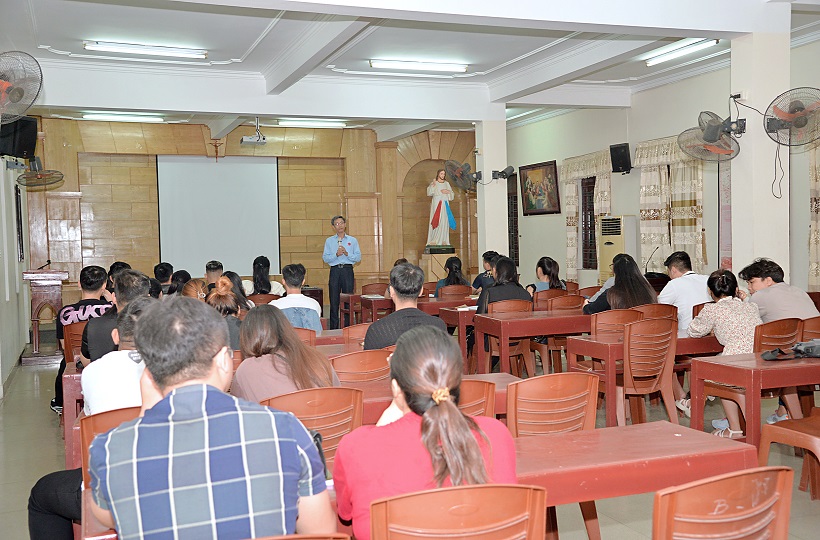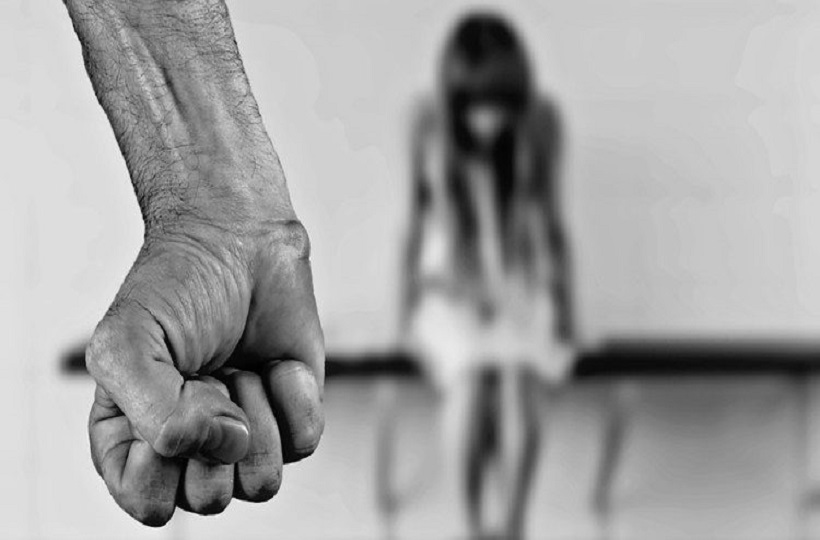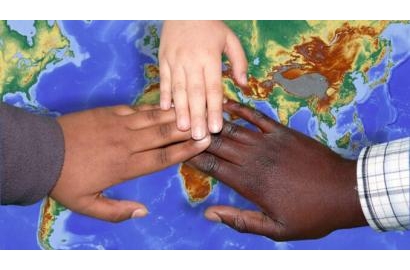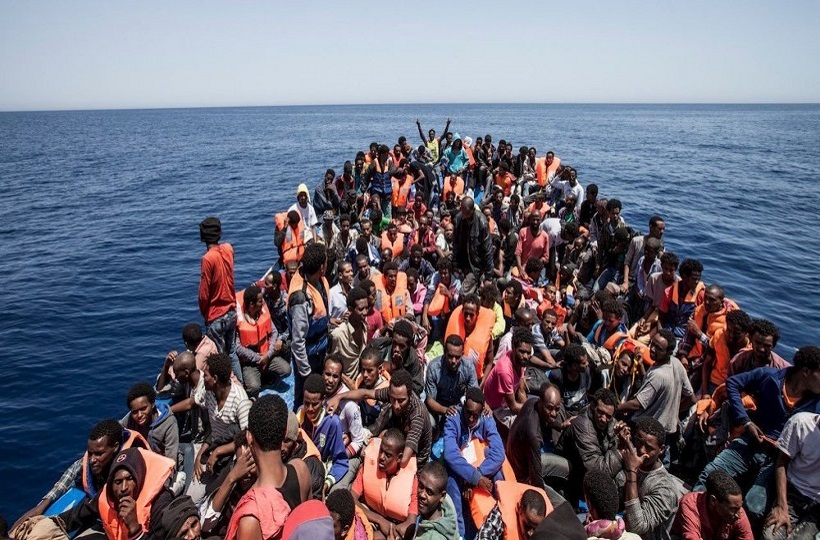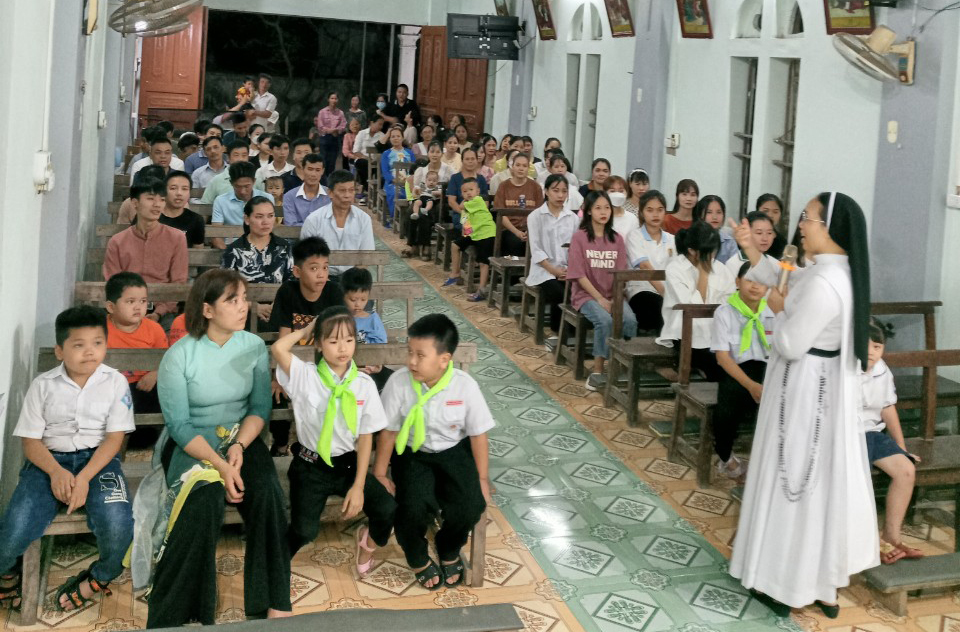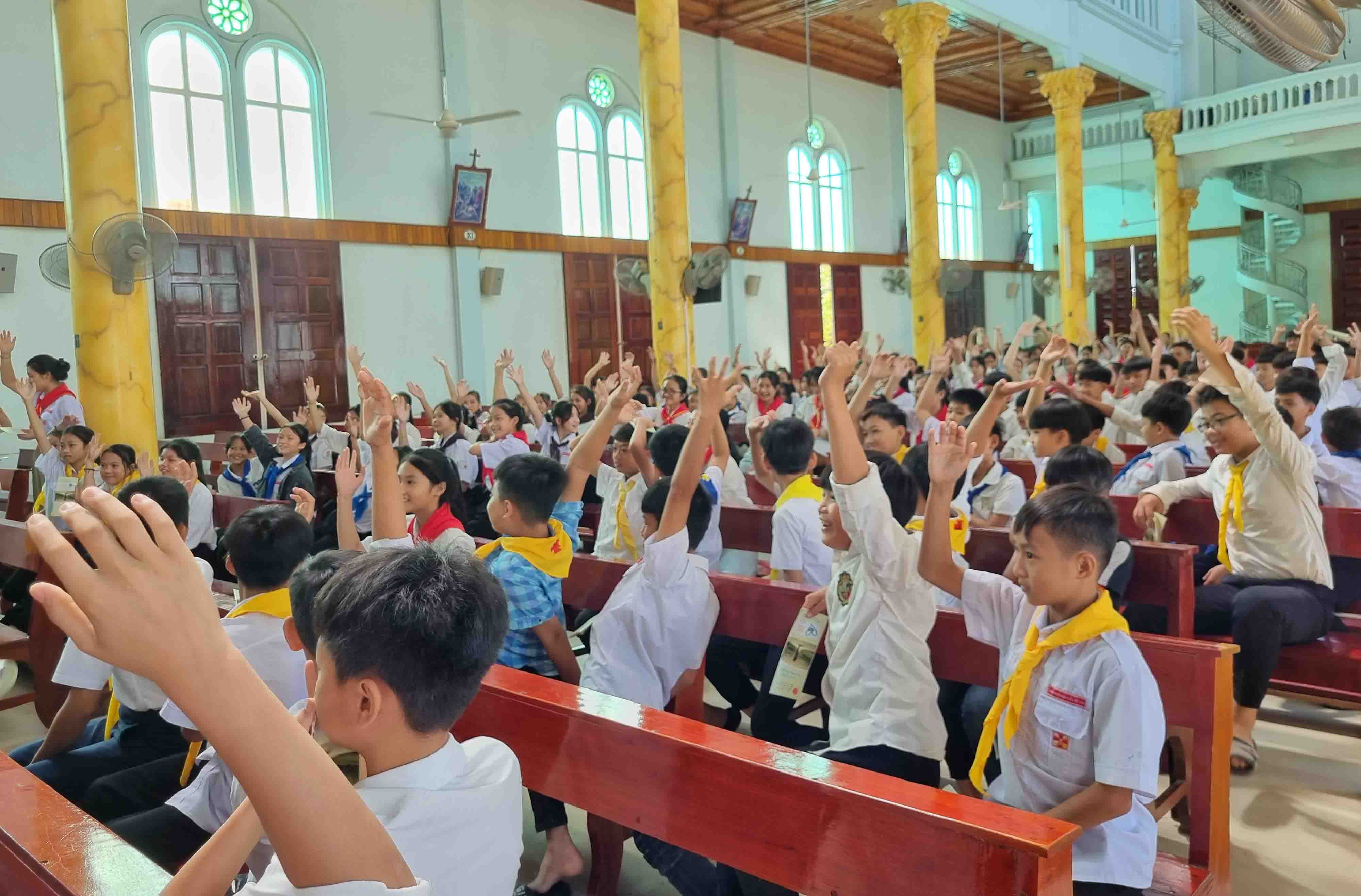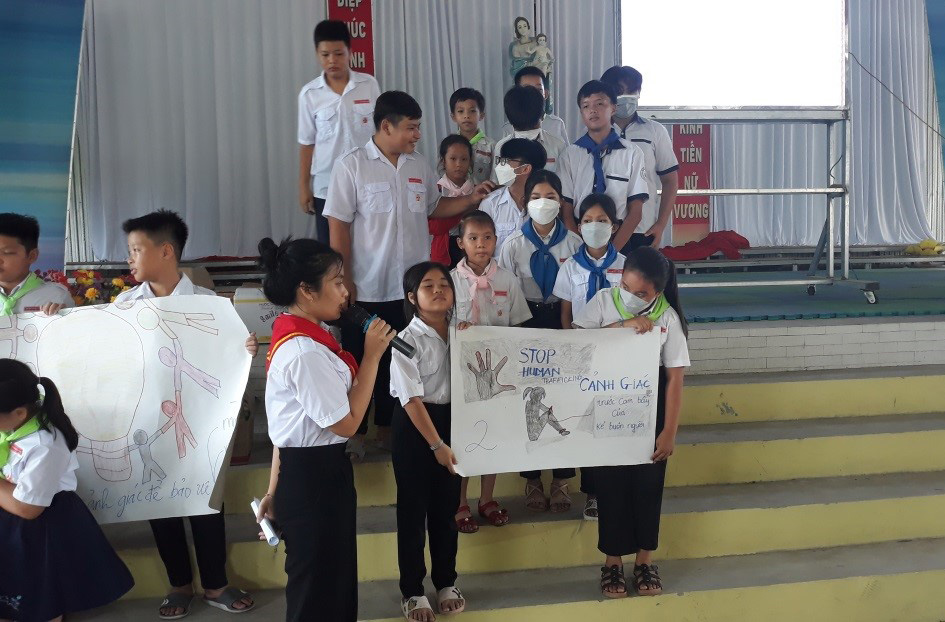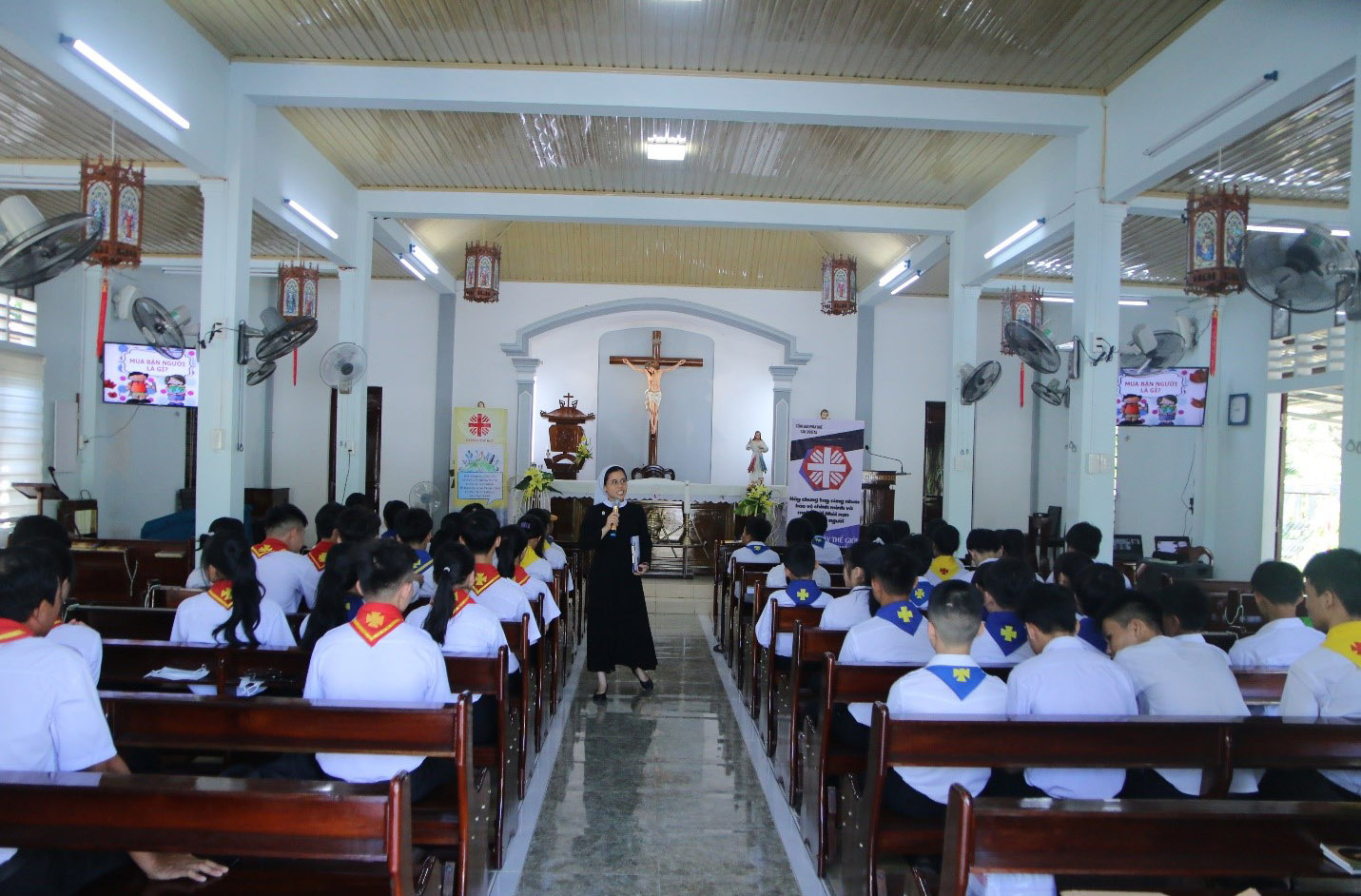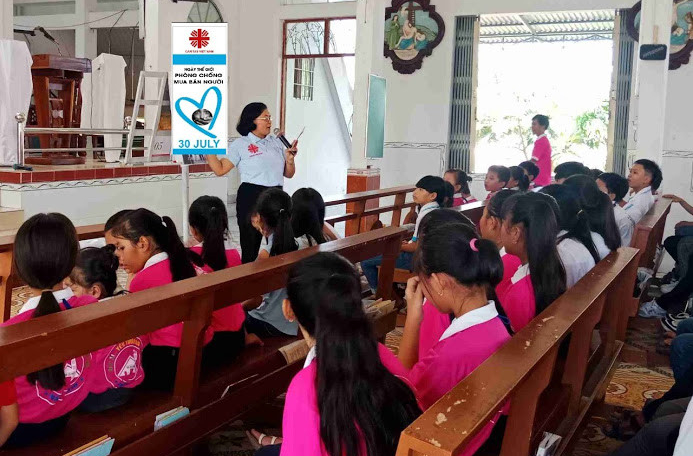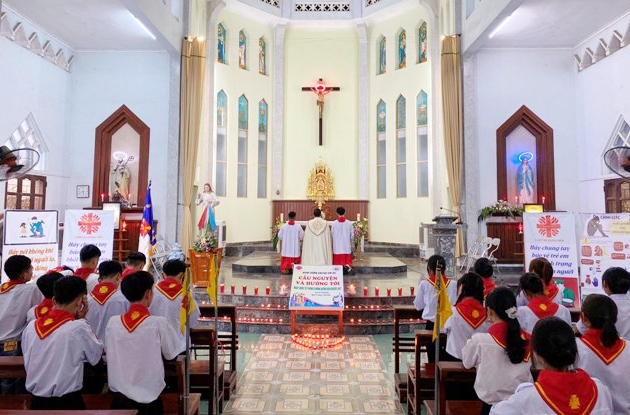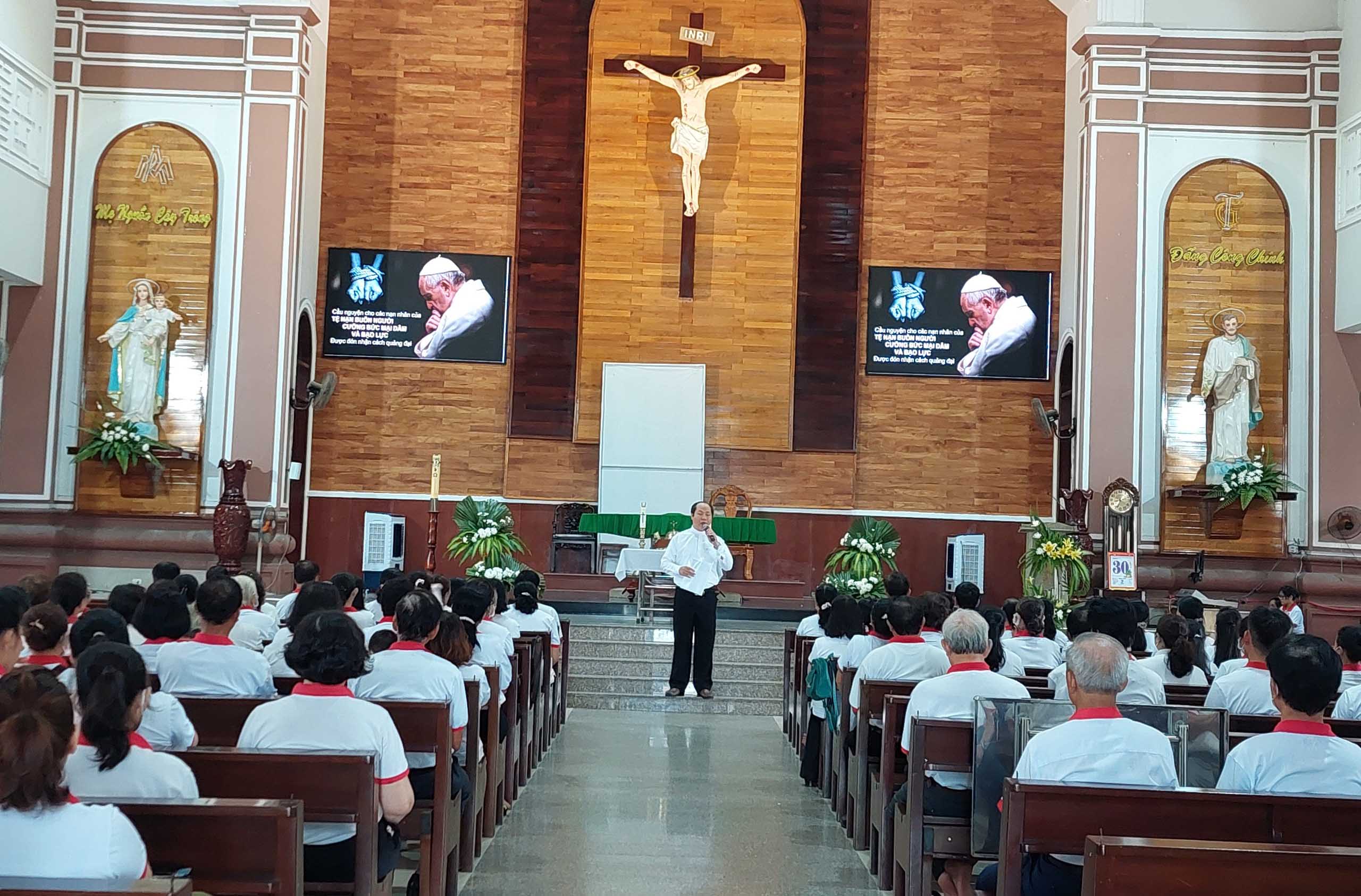Anti- Human Trafficking
Caritas Vietnam: Sounding the alarm on Human Trafficking
The specter of human trafficking presents many faces: the promise of good jobs with high salaries, brokers promising marriage to friendly foreigners, resettlement to exotic locations in other countries, flirtatious messages on Facebook, high-interest loans that can never be repaid, even drugs slipped into drinks at bars, and victims already far from home when they wake up.
Many victims of trafficking come from similar backgrounds. Poor and uneducated, they are willing to sacrifice everything in exchange for even a chance at a better life, for themselves, for their children, or for families back home, whom they hope to support with wages from abroad. In October 2019 the world received a grim reminder of the perils of human trafficking when British authorities discovered the bodies of 39 Vietnamese people in the back of a container truck in Essex. This episode, already tragic in scale, does not begin to capture the reality of human trafficking in the world today. All over the world, victims are forced into sexual slavery and unpaid labor, starved, beaten, bullied, and mistreated. In some cases their own organs are stolen from them, the dehumanization complete. According to Caritas Ha Tinh, more than 13,000 Vietnamese people, mostly women and children, have fallen victim to human trafficking, subject to unknown fates.
The second Vatican Council, St. John Paul II and Pope Benedict XVI have all spoken out strongly to oppose the scandal of human trafficking and, more broadly, a profit-seeking culture that systematically encourages the exploitation of human dignity and of human rights.
Pope Francis, aware that modern-day human trafficking has grown more serious and sophisticated with increased globalization and modern communication technology, has called for “another level” of concrete action on the issue. He regularly denounces the practice in his messages and apostolic exhortations, in speeches and letters promoting peace, through the promotion of numerous conferences in the Vatican and elsewhere. He has continuously emphasized the “need to make greater efforts to raise public awareness on this issue.”
Caritas Vietnam is responding to this global crisis by educating young people, parents and diocesan staff on the dangers of human trafficking. The communication sessions, which so far have been targeted to communities with high migration, rural and border areas, aim to raise awareness and leave participants better equipped to identify traps and scams.
The training “Safe Migration and the Prevention of Human Trafficking,” led by the Diocese of Vinh last year, is representative of this project. It focused on international human rights law and common migration issues. It was given first to diocesan officers, so that those in a position of responsibility could understand the issues facing migrants and communicate those issues effectively to local families.
In June of this year Caritas Phan Thiet organized three communication sessions on the prevention of human trafficking for young people in Da Tro parish, Dagury parish and Bon Bon village, Phan Son commune, reaching nearly 150 people. Here, the content was tailored for ethnic minorities, who are more likely to be victims of trafficking. In addition to information on trafficking prevention and common methods used by traffickers, the course emphasized to students and their parents the importance of education as means to a better life.
Caritas Phu Cuong expanded its training, “Safe Migration, Stable Life,” to include the entire diocese, giving training in 21 parishes and reaching 14,000 people. Because women and children are the most common victims of trafficking, Caritas Phu Cuong trained teenage parishioners and their parents specifically on the prevention of sexual abuse and the trafficking of women and children. They also learned about gender, adolescent reproductive health, and self-defense.
Caritas Phu Cuong also gives training on “Human Trafficking Prevention for People with Disabilities.” According to the 2019 Trafficking in Persons Report of the U.S. Embassy in Vietnam, people with disabilities and street children are susceptible to being trafficked into forced labor. Disabled people are often poorly educated and low-skilled, and many have to make a living on the streets, so they are easily approached and deceived by traffickers.
In addition to Caritas Phu Cuong, Caritas Ha Tinh is also very concerned about the phenomenon of human trafficking. Many young people from these areas are lured abroad by promises of higher wages, and many of them fall into the hands of traffickers. In addition to training sessions, Caritas Ha Tinh also performed an original play, entitled "Awakening," to help people understand and stay alert to the pitfalls of the sweet and promising words of labor brokers.
Vietnam is among the countries with the highest rates of trafficking in the world. The Vietnamese government is also aware of the human trafficking problem. All 64 provinces and cities experience human trafficking. Therefore, educating people to understand the tricks of traffickers and avoid falling into the situation of human trafficking is necessary and urgent. Caritas Vietnam, in conjunction with Caritas Dioceses, is sounding the alarm for the community to come together with a special awareness of the youth to help reduce instances of trafficking and exploitation.
Caritas Vietnam
The List of Contributions Received by Caritas Vietnam
1. The list of 2024 contributions to the Caritas Vietnam general charity fund
2. The list of 2023 contributions to the Caritas Vietnam general charity fund
Latest project information
Copyright © 2018 by COMMISSION on CHARITY and SOCIAL ACTIONS - CARITAS VIETNAM
Total visits: 25,114,828


